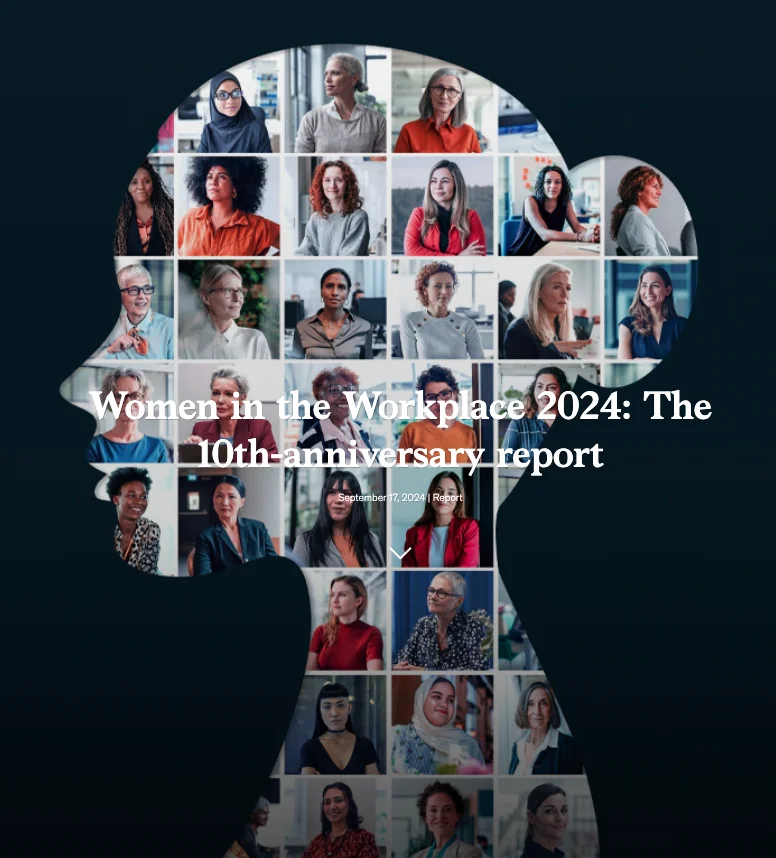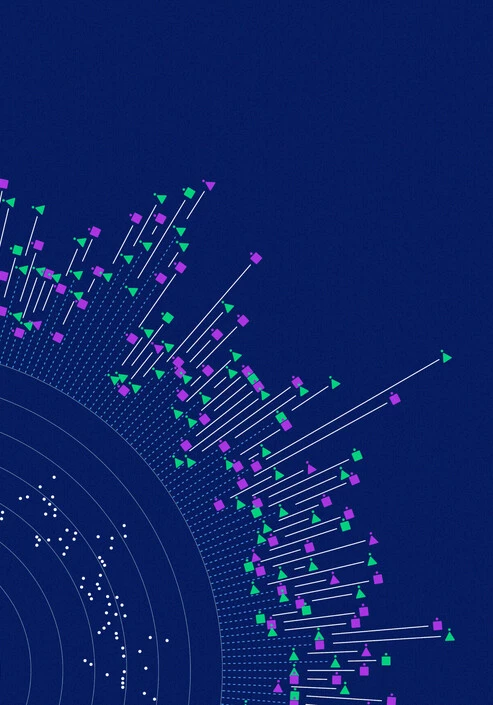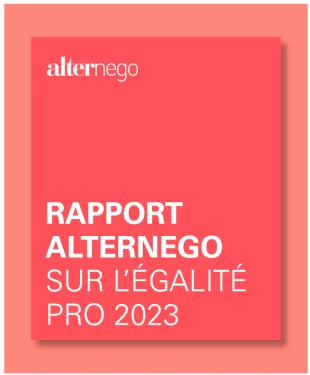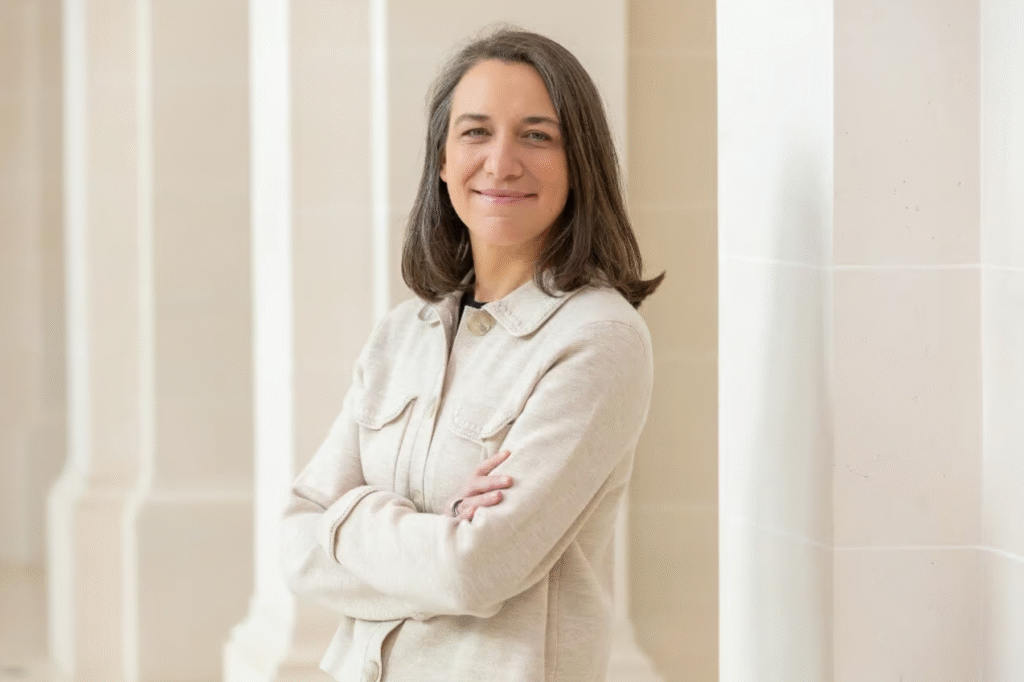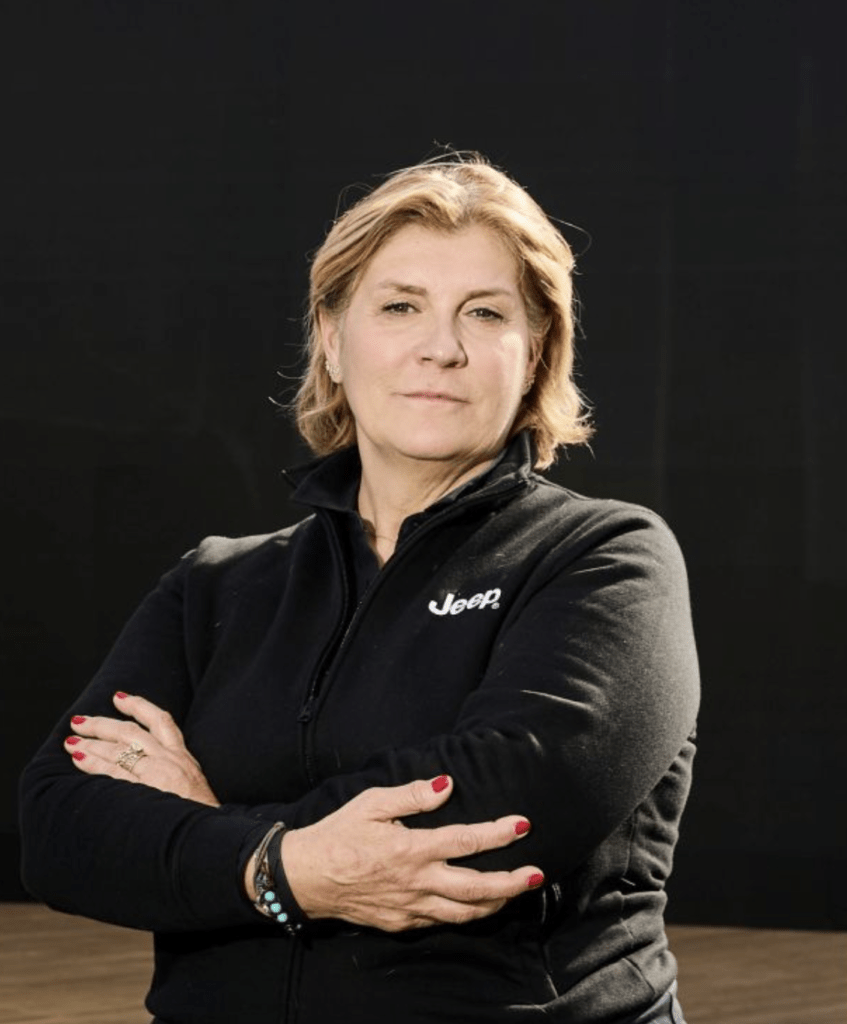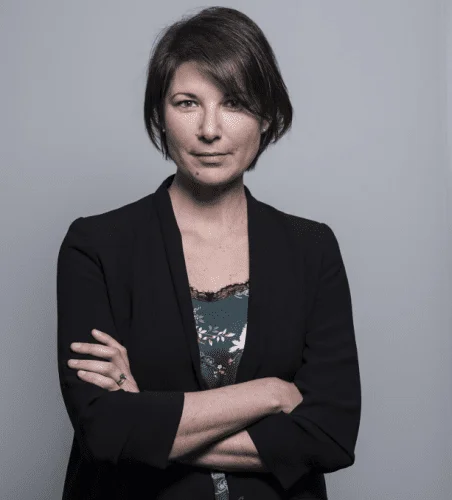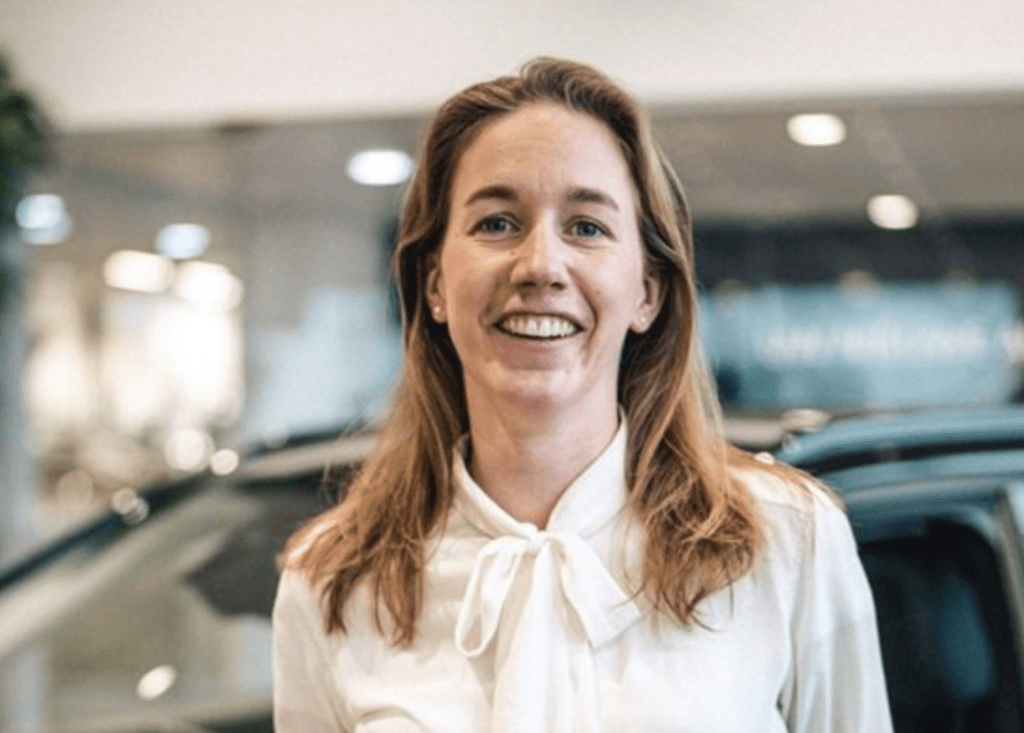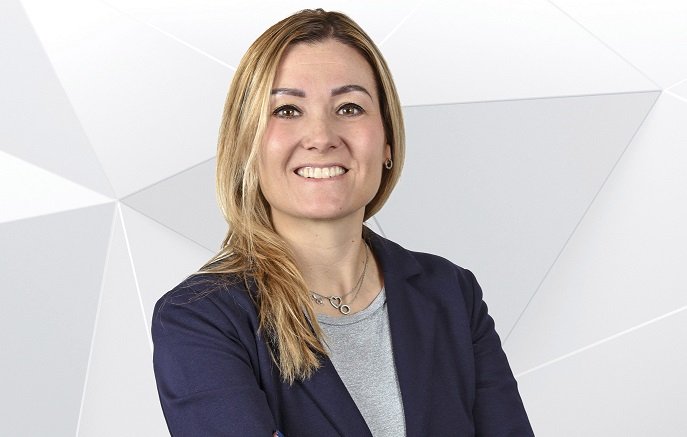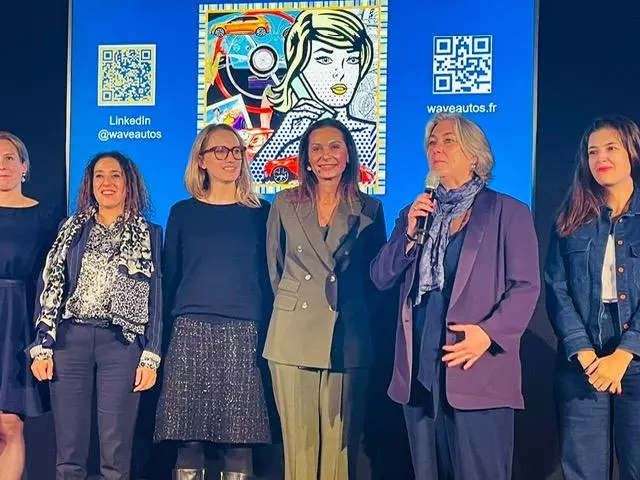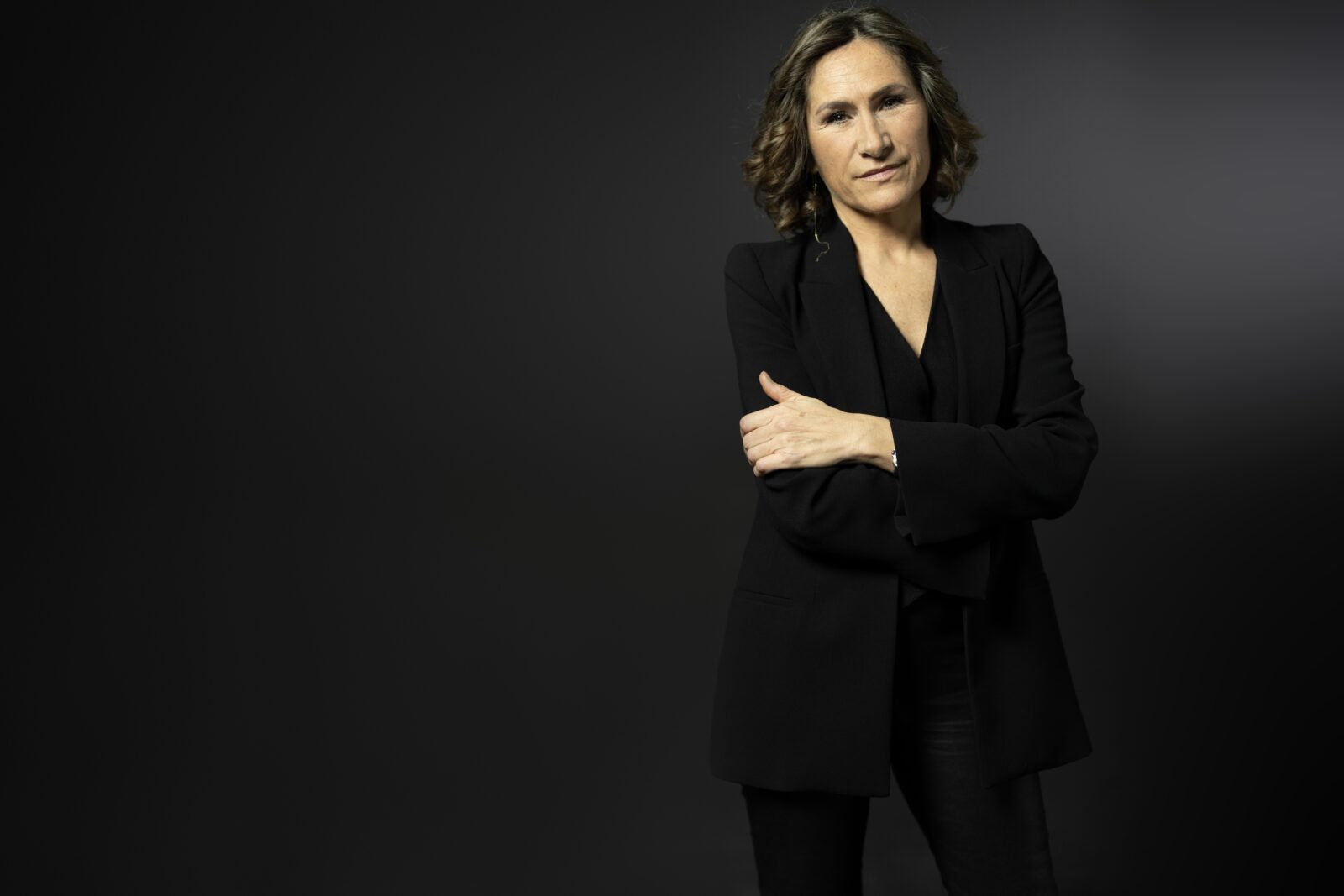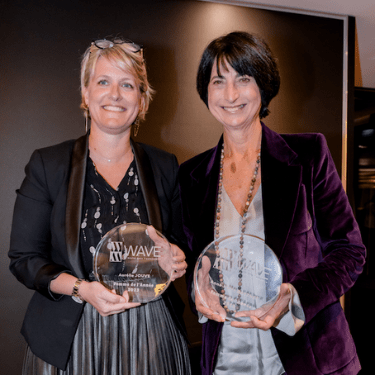Un groupe de chercheurs a crée la carte du monde du sexisme à partir des données d’incidents signalés au Projet “Everyday Sexism”.
En exécutant des algorithmes et des techniques de modélisation dans toutes les langues, ils espèrent obtenir une image à grande échelle des problèmes qui existent dans différentes cultures et pays. Article en anglais.
These Computer Scientists Are Making a ‘Global Map of Sexism’
Written by VICTORIA TURK
http://motherboard.vice.com/read/these-computer-scientists-are-making-a-global-map-of-sexism
A group of researchers are setting out to map sexism across the globe by pulling data from incidents reported to the Everyday Sexism Project.
By running natural language processing (NLP) algorithms and topic modeling techniques across reports in all languages, they hope to get a large-scale picture of the problems that exist in different cultures and countries, and to inform practical definitions of different types of sex discrimination. The researchers, who are based at the Oxford Internet Institute (OII), say they hope to create “the first data-driven map of sexism on a global scale.”
The Everyday Sexism Project was set up in 2012 by British feminist activist Laura Bates. It encourages users to anonymously submit descriptions of “everyday” sexist behaviour they encounter. For instance, a recent example reads simply, “A man told me today that he can’t wait to see how ‘pretty’ I’ll look in my cap and gown on my graduation day.”
“The striking thing was that sexism was so close to us; it’s something very common.”
Taha Yasseri, a computer scientist working on the new project, said he was motivated to crunch the data when he saw how reports like this could shine a light on the kind of sexism women face today.
“The striking thing was that sexism was so close to us; it’s something very common,” he said. “What I found fascinating was how easily this project could bring this very important issue to the public’s attention.”
He quickly realised that there were patterns to be found in the data. “For example, looking into the reports coming from the UK I realised that a large portion of complaints and reports are related to harassment in high school or related to classes or teachers or schoolmates,” he said. This was a surprise to Yasseri, who is originally from Iran. “I didn’t know sexism or sexual harassment was so common here in schools,” he said.
The project hopes to tease out trends like this from different cultures and languages (there are over 10 different language versions of the site). Yasseri found that previous research was largely qualitative in nature. “And I, as a computational scientist, am more interested in larger scale computational analysis.”
Yasseri hopes their results will help to make “practical definitions of sexism and how it appears in different cultures.”
The team will try to extract semantic information from the over 100,000 accounts collected by the website. Using Natural Language Processing techniques means they don’t have to be able to understand each different language themselves in order to compute them.
Yessari explained that topic modelling algorithms can figure out how terms used in the entries relate to each other—such as “classroom” and “bullying”—and then quantify that information and compare it across the different languages. This would inform a “map” of how sexism is experienced in different places.
The OII group intends to release its findings alongside Bates next March 8, International Women’s Day. They’ll also release their data so that other researchers can explore their own questions.
In addition to raising awareness about the pervasiveness of sexism, Yasseri hopes their results will help to make “practical definitions of sexism and how it appears in different cultures” based on real-life examples, as opposed to taking the more common theory-led approach to studying sexism.
He also pointed out that it was refreshing to work with a team comprised of researchers with different specialisms: While Yasseri got his PhD in physics, he’s collaborating with Kathryn Eccles, who focuses on the impact of new technologies on the humanities, and Sophie Melville, who is interested in the intersection of gender and technology.
The unusual collaboration will certainly give a novel look at the global spread of sexism. “Applying those techniques that are ubiquitous in computer science to something that is quite central in humanities—I think the novelty is here,” Yasseri said.




